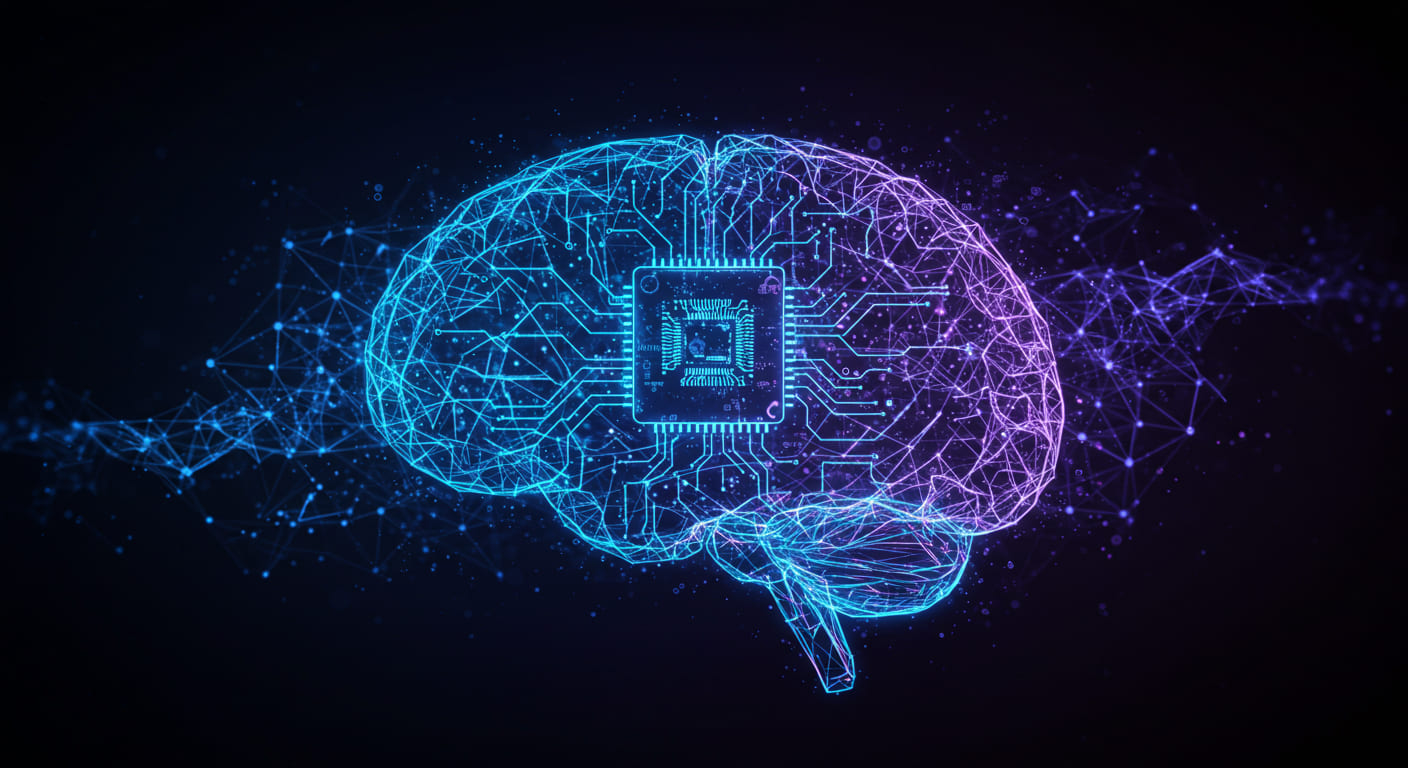How AI is Powering the Next Wave of Business Education

Artificial Intelligence (AI) has moved rapidly from a futuristic concept to a practical tool reshaping industries worldwide. Business education is no exception. Far from being just another subject to study, AI is actively enhancing the way business concepts are taught and learned, creating more personalized, efficient, and relevant educational experiences. As of early 2025, AI integration in business schools is accelerating, moving beyond pilot projects to become a core part of the educational toolkit.
Personalized Learning Journeys at Scale
One of AI's most significant contributions is its ability to tailor learning experiences to individual student needs. Traditional one-size-fits-all lectures are being supplemented, and sometimes replaced, by AI-driven approaches:
- Adaptive Learning Platforms: These systems analyze student performance in real-time, adjusting the difficulty and type of content presented. If a student struggles with a finance concept, the platform might offer additional explanations or simpler practice problems. If they excel, it can introduce more advanced material.
- Personalized Feedback: AI tools can provide instant feedback on assignments, quizzes, and even elements of written work (like grammar or structure), helping students identify areas for improvement much faster than waiting for manual grading.
- Customized Content Curation: AI can recommend specific readings, case studies, or videos based on a student's learning goals, past performance, or expressed interests, creating a more relevant learning path.
Smarter Tools for Deeper Learning
AI is enabling new types of interactive learning tools that go beyond static textbooks and traditional case studies:
- Advanced Simulations: AI-powered business simulations can create more complex, dynamic, and realistic market environments. AI-controlled competitors or market factors can react unpredictably to student decisions, forcing more sophisticated strategic thinking.
- Intelligent Tutoring Systems & Chatbots: AI tutors can provide 24/7 support, answering student questions, explaining complex theories, walking through problems, and offering practice exercises – acting as a valuable supplement to faculty office hours.
- Data Analysis Tools: AI simplifies the analysis of large datasets integrated into coursework. Students can use AI-assisted tools to identify trends, build predictive models, and derive insights from complex data in marketing, finance, or operations cases, mirroring real-world business analytics tasks.
"We're excited to be part of this evolution, helping educational institutions and businesses bridge the gap between theoretical learning and real-world application through our innovative case study platform."
Empowering Educators, Streamlining Workflows
AI isn't just benefiting students; it's also freeing up educators to focus on higher-value activities:
- Automated Grading & Feedback: AI can handle the grading of multiple-choice tests, quizzes, and even provide initial scoring or feedback on standardized components of essays or reports, reducing instructor workload on routine tasks.
- Content Discovery & Creation Support: AI can assist faculty in finding relevant, up-to-date articles, research papers, and case studies. Some tools can even help generate variations of case scenarios or draft initial versions of teaching materials.
- Administrative Efficiency: AI can help manage course logistics, schedule advising appointments, and analyze student engagement data, allowing faculty and administrators to focus more on teaching, mentoring, and curriculum development.
Keeping Curricula Relevant in the Age of AI
The business landscape is changing rapidly, partly due to AI itself. AI helps business education keep pace:
- Trend Analysis: AI can analyze job market data, industry reports, and emerging business trends to help institutions identify skill gaps and update curricula accordingly.
- Dynamic Content Updates: AI can facilitate the integration of real-time data or recent developments into course materials or case studies, ensuring content remains current.

Developing AI-Ready Business Leaders
Perhaps most importantly, AI's integration into business education serves a dual purpose: enhancing learning and preparing students for an AI-driven workplace. Business programs increasingly include:
- AI Literacy: Foundational understanding of what AI is, how it works, and its potential applications and limitations in various business functions.
- Using AI Tools: Hands-on experience with AI-powered software for data analysis, marketing automation, financial modeling, and other business tasks.
- Strategic & Ethical Implications: Courses and discussions focused on managing AI implementation, understanding its impact on strategy and organizational structure, and navigating the critical ethical considerations surrounding AI deployment.
Conclusion: A Collaborative Future
AI is not set to replace human educators in business schools but rather to augment their capabilities and enhance the student learning experience. By automating routine tasks, providing personalized support, enabling sophisticated simulations, and ensuring curricula remain relevant, AI is powering a significant evolution in business education. The goal is a collaborative future where human insight and pedagogical expertise are amplified by AI tools, ultimately preparing graduates to lead effectively in an increasingly complex and technology-driven world.